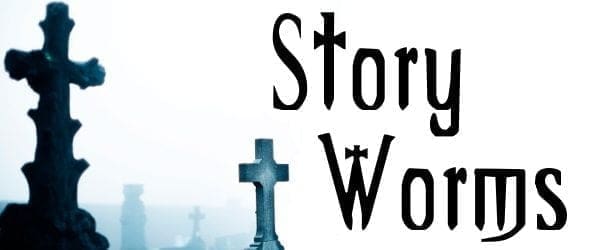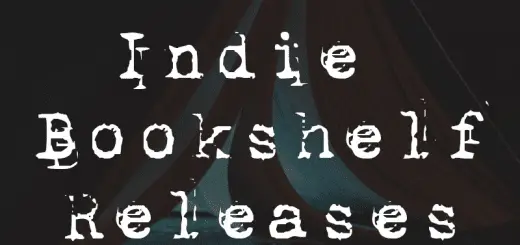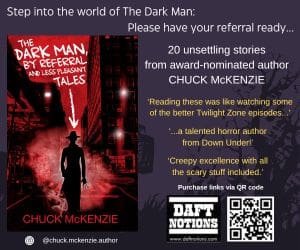Story Worms: Raising the Dead

I wrote my very first zombie story this time last year (‘Being Superhuman’ published in Angelic Knight Press’ ’50 Shades of Decay’ anthology), and figured it was a genre I was likely to return to at some point in the future. Perhaps. If an interesting opportunity came up. Little did I know that a year on I would be completely immersed in the zombie world. I just can’t stop writing about them.
It’s hard to miss that the world of popular culture is also somewhat obsessed with zombies right now. We’ve done vampires and schoolboy magicians, and now it’s all about those undead that harbour a certain appetite for brains. We’ve seen the slow, staggering, truly zombified variety, those with intelligence and a pack instinct for hunting, we’ve even seen them integrated back into society and becoming the subject of schoolgirl crushes. Surely there’s only so much more we can do with the genre? So why the continuing obsession?
Besides the fact that death, decay, maggots and gross stuff is just so much fun, zombies are fascinating because of what they represent.
Zombies are, or at least were, human. The ‘were’ is very important. It allows us to separate ourselves from them. Cries of “They’re not like us anymore” or “They’re no longer human” allow us to explain their behavious, and to justify our own when we take our own sister’s head off with a chainsaw. Because they’re not human anymore. They’re not the people they once were.
Zombies represent the aspects of ourselves that we like to ignore, that we like to pretend we’ve risen above. The animal urges. Putting hunger above morality. Following instinct instead of civility. Humans like to forget that, essentially, we’re animals too. Zombies are the manifestation of that animal side. They’re everything we’ve set aside as a race, everything that secretly, perhaps, we wish we had the freedom and the audacity to become again. Because everyone likes to break the rules once in a while.
A significant section of Western society believes that when someone dies, their soul is taken to a higher plane, that it is just their earthly body that is left behind; letting us view zombies as soulless beings. So it’s alright to hack their head off. But recent years have brought a new strain of zombie – the kind created by man; via bioweaponry or experimental pathology. It’s a conflict of science and religion, nature and invention, the moral question of evidence versus faith, our changing view of what humanity is.
Science, technology, and medicine are moving so rapidly now, forcing a great shift in the relationships we have with our own bodies. Things that were inevitable even just a few generations ago, are easily sorted with a tablet, an injection, or even a condom. We’re wading into a time and place where we simply don’t know what we are anymore. Gender is no longer black or white, sexuality is multi-faceted, race, disease, hormones, disability, birth, death, love. We’ve had to re-evaluate our understanding of all of it. We no longer know what it is to be human.
Writing about zombies gives me so many sides of humanity to explore. It lets me look at the lengths that humans, Governments and society as a whole will go to, the sacrifices they will make, when their asses are really on the line. I can stretch how we see ourselves and how we are seen by others. Because when it’s each for their own, the very thing that may save us is the letting go of the traditional view of humanity, and the embracing of the instinctive, the primitive, the savage.
- About the Author
- Latest Posts
Angeline Trevena is a British author of dystopian urban fantasy and post-apocalyptic fiction. She has an impressive backlist of novels, a series of worldbuilding guides for authors, and short stories appearing in various anthologies and magazines. Despite the brutal and dark nature of her fiction, Angeline is scared of just about everything, and still can’t sleep in a fully dark room. She goes weak at the sight of blood, can’t share a room with a spider, but does have a streak of evil in her somewhere. Find out more at www.angelinetrevena.co.uk











